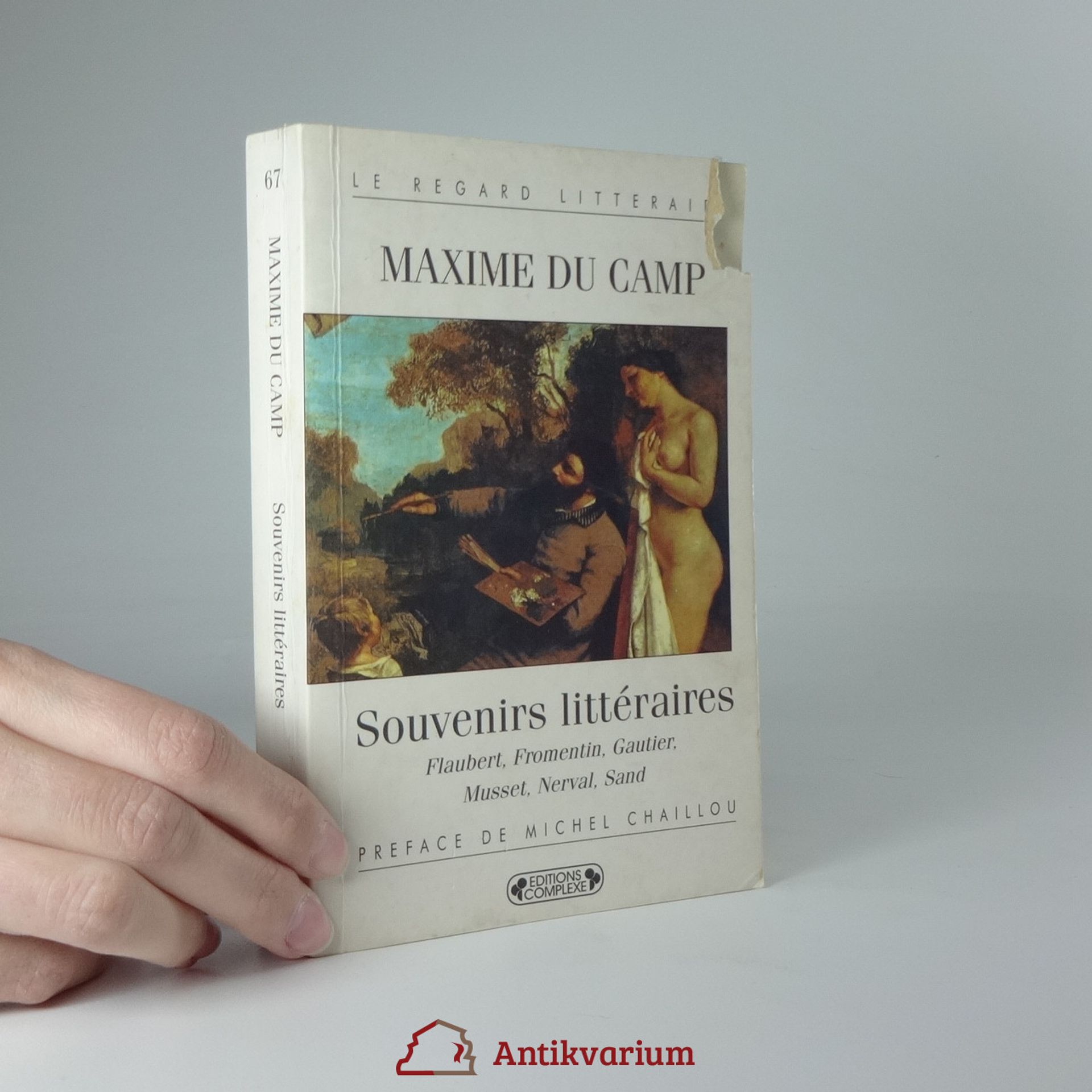Souvenirs littéraires
- 144 stránek
- 6 hodin čtení
Maxime Du Camp a 21 ans lorsqu'il rencontre Flaubert. Les deux amis deviennent vite inséparables, partagent repas et voyages. À la démesure et à la force de Flaubert, Du Camp oppose des phrases lapidaires et sans appel : "En littérature, sous peine de s'égarer, il faut marcher entre des lignes parallèles." Lorsque meurt Flaubert en 1880, Du Camp se lance dans un projet d'écriture où il ne parlera "que des morts" qu'il a connus, et de ses voyages. Dans ses "Souvenirs littéraires", en noir et blanc, se succèdent d'inoubliables portraits de Théophile Gauthier, de Lamartine vieillissant; de Nerval, en proie à la folie et hanté par le suicide; de George Sand et de Musset, qui sans cesse se déchirent. Et bien sûr de Flaubert.

